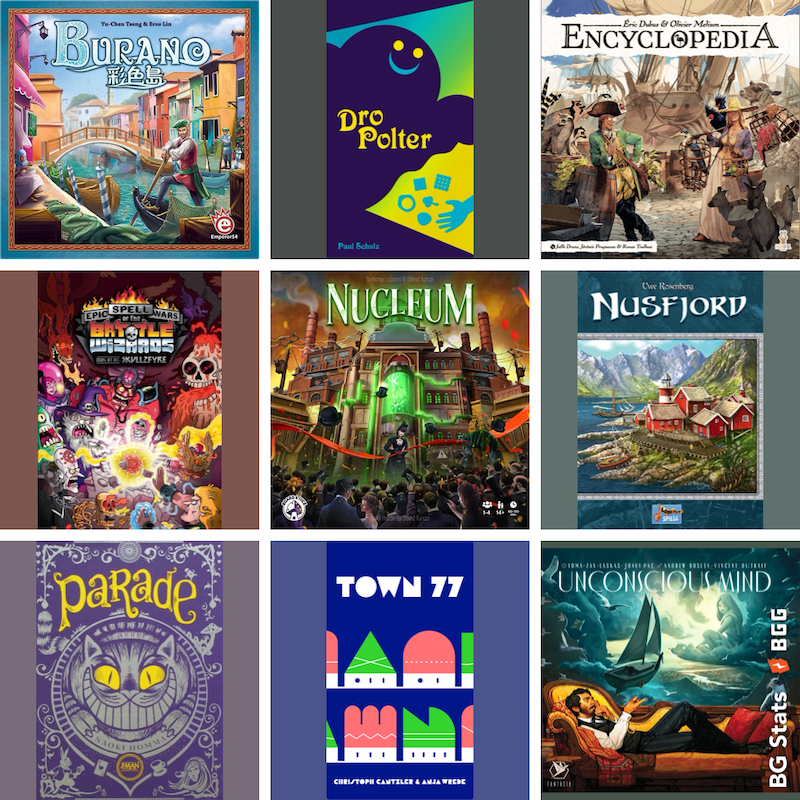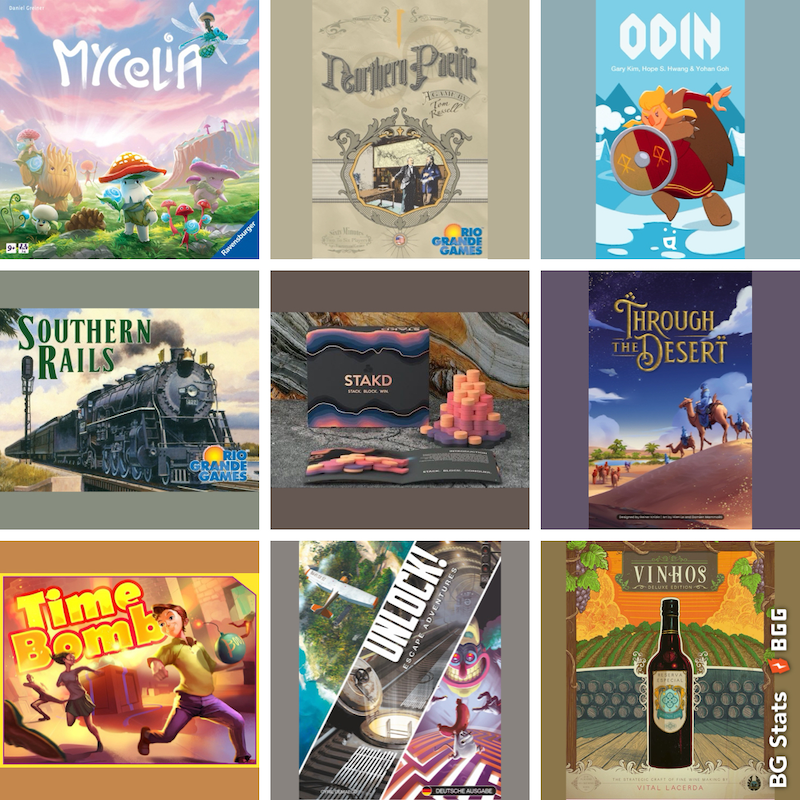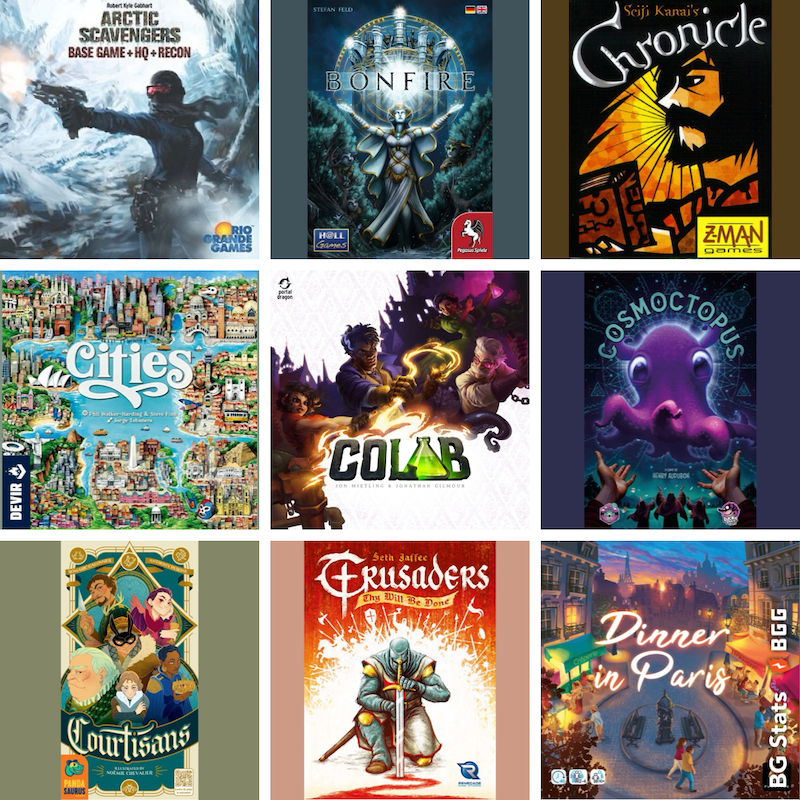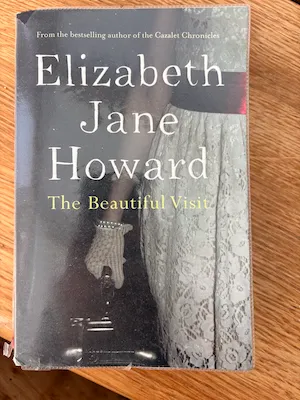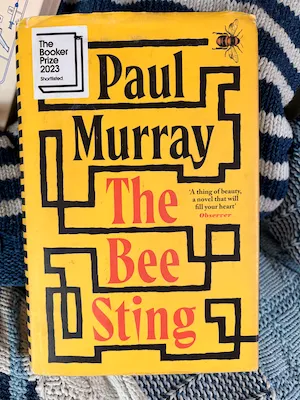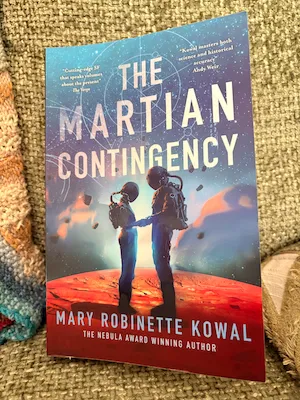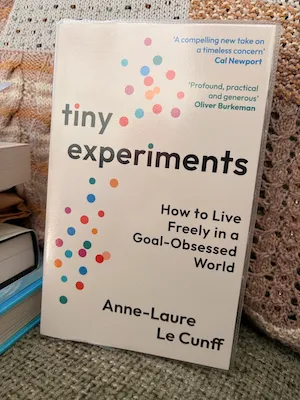Red Harvest
by Dashiell Hammett
Sunday, October 21, 2001
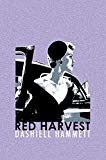
[these comments are taken from a mailing list discussion and contain spoilers]
[about the continental op]
He’s a very sketchy character, we don’t learn much about him at all except through how he acts and what he does. Whilst the lack of fleshing out characters annoys me in some books I thought it worked well in this book. Nothing in the book was particularly detailed and the narrator fitted right in with the general mood of the book.
I didn’t think he was especially heroic. He solves one problem quite early on in the book and then stays on in Poisonville to sort out the rest of its problems more because the town has annoyed him and he wants to get his own back than because he has any great ideas of justice.
I’m not sure how to compare him to other PIs. He’s such an early PI that almost everyone who’s come since owes a debt to him. There’s a quote from Raymond Chandler on the back of my copy of this book:
“Hammett took murder out of the Venetian vase and dropped it in the alley, giving murder back to the kind of people that commit it for reasons, not just to provide a corpse.”
This sounds like a backlash against the cozy to me so I’ve had a quick look around to find out what fictional detectives that are still well known today were published before Red Harvest. Certainly both Christie’s Poirot and Sayers’ Wimsey were around beforehand and the Continental Op is nothing like those characters.
[about the characters]
If bad guys hadn’t been so endemic to Poisonville the Op would have been able to have a more subtle approach to getting rid of them. Pretty much everybody who mattered in the town was a baddie so the only feasible strategy was to set them all loose upon themselves.
The majority of the characters were, as others have said, thumbnail sketches. Few characters made it from one end of the book to the other so we didn’t need to remember much about them for more than a few pages. Sometimes this got a little confusing with new people coming on the scene and then vanishing again very shortly. I think this is something that makes sense in a serialisation. The book wasn’t intended to be read all at once with expectations of character development. We knew who characters were for the length of a chapter and that was all we needed to know.
The character who I felt got fleshed out the most was Dinah Brand. I thought she was interesting and though I wasn’t surprised when she was murdered (it wasn’t a book to get out of alive!) I did feel I wanted to know who had murdered her for her own sake as well as for the Op’s sake.
This would probably have made a better book if the characters had been deeper in places, but I don’t think the fact that they weren’t made it a bad book. Old man Willsson and the police chief Noonan were two characters who were quite major but who stayed quite thinly drawn despite numerous appearances.
[on the structure of the book as described by Michael E. Grost]
Looking at the book this way is making it make much more sense to me. I found it a real page turner but I wondered why I did. When the first plot “Who killed Donald Willsson?” was concluded in chapter 7 I was surprised as my expectations for a novel are that a mystery will run all the way through it.
Chapter 20 (“Laudanum” in my copy) is the one in which Dinah Brand is killed and sets up the final whodunnit of the book, one in which we know the main suspect to be innocent. I thought this rounded the book off nicely.
The whole central section from Chapters 8 to 20 was about the Continental Op cleaning up the town. I can see how you could split it into two halves as Chapter 14 is where we discover who killed Tim Noonan and Chapter 15 is where Mickey and Dick come on the scene. The whodunnit about Noonan’s brother didn’t start until chapter 10 and I didn’t think that there was really an equivalent puzzle in the third quarter of the book; this is the part where they really start to drive the baddies against one another.
I liked this book in itself but looking at it from a different angle as a serialisation rather than a novel is making it even better in my opinion. I felt like the book was breaking rules that I was used to, when actually it is that those rules hadn’t really been invented yet.
[about why the op does what he does]
The Op is technically a professional as he’s working at an investigative job but, related to the next question, because he’s alone and far from his organisation he tackles Poisonville in a far more personal way that he would have done in a different place.
The first thread of the book, about the murder of Donald Willsson, is the most organised part of the story. There’s a clear cut job for the Op to do, even though it’s not the one that he came to do, and he investigates and solves it very neatly. He employs what I presume to be the general practices of the Continental agency in the way he goes about resolving the mystery.
After that he goes to work on what was, I think, the real job that Donald Willsson brought him to town for: cleaning up the town. This is where I think his personal motives, and code of conduct, came into play though I’m not entirely certain what the motives were now. He didn’t gain much apart from personal satisfaction when he’d completed his task.
[about the setting]
I had this vision of a town where it never got light. It felt like the whole book took place in the dark even though I can recall that quite a lot of it definitely took place in daylight hours. In my mind’s eye it all took place in the half light cast by gas lamps in the streets. I guess that means that the author didn’t do too good a job with the physical scene setting but I think the mental scene setting and dark atmosphere worked pretty well on me.
Taking a PI (or anyone) away from their home turf means that they can behave in a different manner. They can afford to take more risks or employ different morals than they might if they were in a place where they were known. Not having to stick around to see the consequences changes the way that things can be dealt with.
[summarising]
I liked the book to start with and the discussion’s enhanced it in my eyes because I understand it far better now and I see why the things that I thought were the weak points when reading it were there.
I read Hammett’s _The Thin Man_ last year and enjoyed it and after this book I’ll certainly read more of his work in the future as well as other classics. I’m disappointed that my Hammett anthology doesn’t include any background info about the serialisation and such like and I’m going to make a point of looking for classics that include introductions rather than just finding the cheapest edition in future as I really think background information helps me understand the books.
I don’t think it holds up so well as other classics because it’s being read in a different environment from that which it was written for. I think books that are written as books rather than serialisations stand the test of time better. That said, I found it a lot easier to read than some older books and I thought it was a real page turner.

